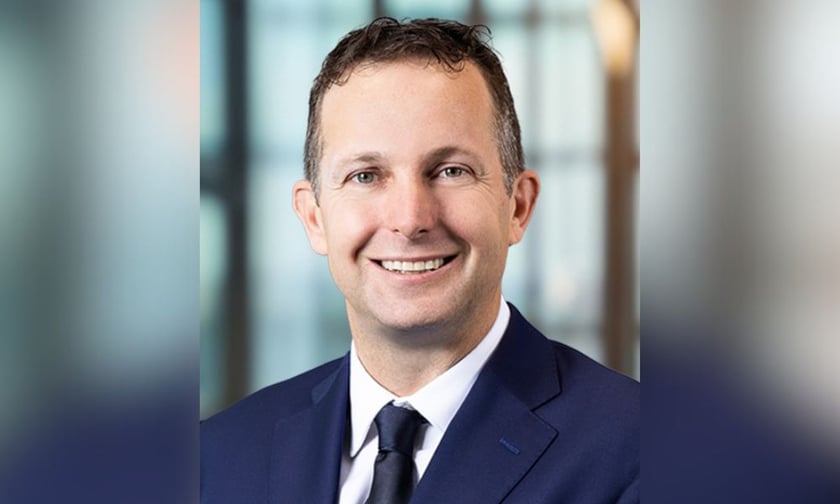

This positive news for some of the industry’s big players, despite the economic struggles of other businesses, is seen by stakeholders, including insurance brokers, as another sign that the insurance market is in a process of softening.
Are the steep premiums increases of recent years coming to an end?
Not by much, according to Steadfast Group.
“We still see that there will be accretive increases in premiums between 7% and 9% over the next 12 months,” said CEO Robert Kelly during the results presentation.
One analyst at the presentation asked for an explanation given that “most peers, including underwriters, are suggesting some slowdown in rates.”
Kelly described the current rate situation as an “easing” in “some areas” rather than a general slowdown.
“We don’t think it’s going to drop,” said Kelly. “It might drop in a couple of product lines that have been grossly overpriced over the last few years, D&O [directors and officers], and one could argue cyber, falls into that.”
He said not one of the nine insurers his firm deals with has said they are going to reduce prices.
“They’ve actually said the complete reverse,” said Kelly.
He said Steadfast held a meeting last month with five CEOs from the country’s major insurers.
“They were absolutely, dogmatically and absolutely clear, that they have to drive rate up towards the 10% mark to get back to technical rate,” he said.
Steadfast’s COO Nigel Fitzgerald (pictured above) said these CEOs “were very clear that there’s still a lot of compound inflation in the system relative to the headline inflation number.”
He said insurers are seeing this across their value chain. Fitzgerald included property claims but also through the increasing complexity of managing nat cats, cyber and the rising cost of payouts from legal actions.
“The compounding effect on the escalation of claims is not being reflected in the current pricing,” he said.
Kelly suggested that it’s common sense for insurers in Australia to look at their ongoing nat cat challenges and price premiums accordingly. He gave the example of the devastating Canada wildfires, continuously burning for many months, and also the growing cost of weather events in Australia.
However, he said alterations in pricing by insurers, both up and down, can positively impact a brokerage’s balance sheet.
“When you are an advice sales organization, which is what insurance brokers are,” said Kelly, “when you are in that paradigm and the pricing starts to alter, then what happens is you actually increase volume quite dramatically sometimes because there is a gap in the insurance distribution networks around the world.”
Steadfast’s FY24 results showed strong growth. Underlying net profit after tax (NPAT) was $252.2 million, up nearly 22% with underlying revenue of about $1.7 billion, up almost 19%.
The firm’s broker network delivered gross written premium (GWP) worth $13 billion.
Kelly said the performance was “the consequence of the strategic execution of our proven business model.”
Last week, Insurance Australia Group’s (IAG’s) results showed a jump in profits. The trans-Tasman insurance giant reported NPAT of $898 million, up nearly 8%. Insurance profit was up almost 80% on FY23 at $1,438 million.
The results reported that IAG’s overall GWP grew by 11% to $16,400 million.
“Today’s result reflects the strength of the IAG business as well as the operational improvements we have implemented,” said CEO Nick Hawkins in an ASX announcement.
The same week, Suncorp Group, an insurance giant also with operations across Australia and New Zealand reported “strong increases.” Group net profits after tax were up by nearly 12% and GWP grew by nearly 14% to $14.1 billion.
“While the headline results represent strong increases on the prior year it’s important to point out that the past three years have been very challenging,” said Steve Johnston, Suncorp‘s CEO.
How do you see the insurance market in New Zealand right now? Are you expecting sharp rate increases to continue? Please tell us below
